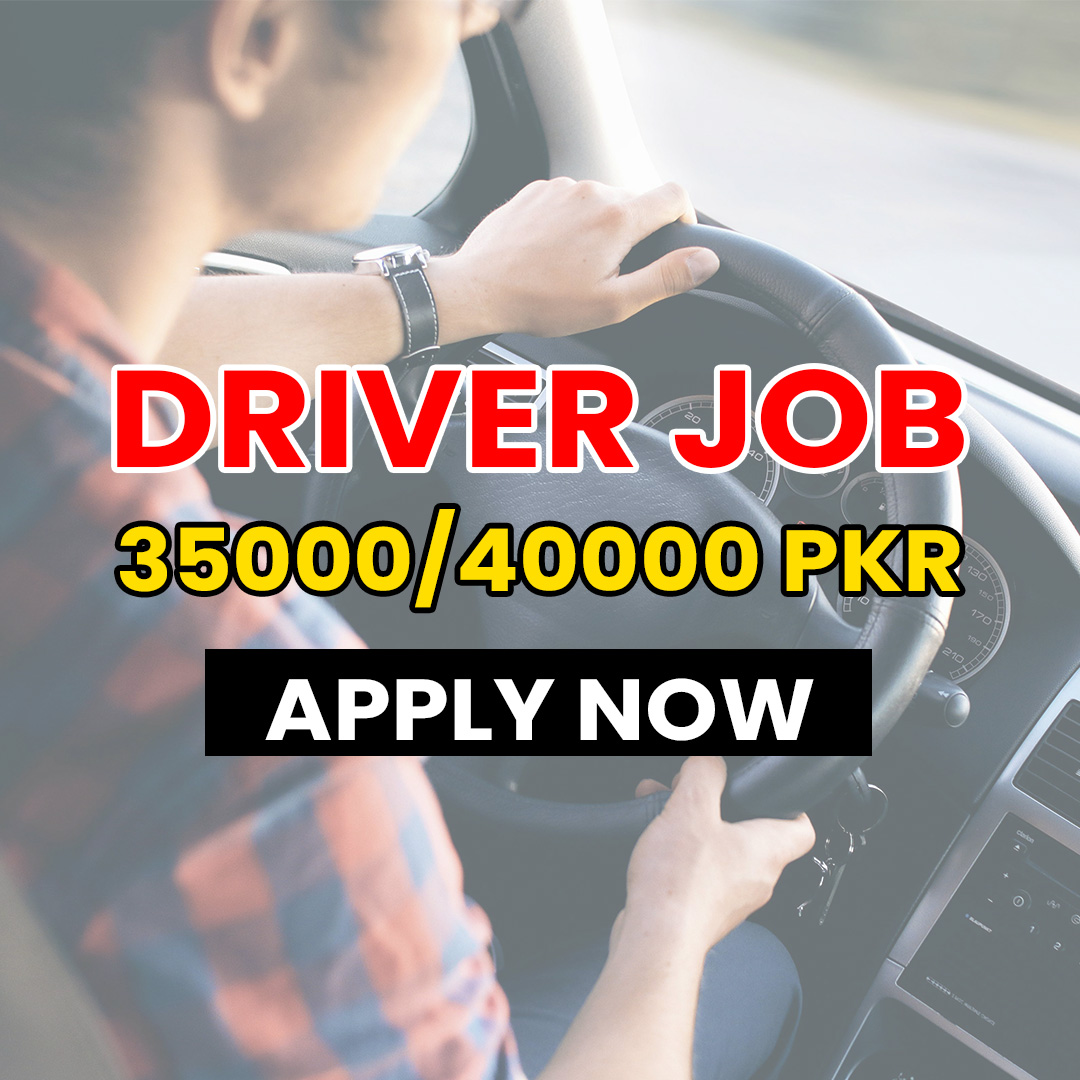Introduction
Drivers play an essential role in today’s fast-paced world, ensuring safe and efficient transportation of people, goods, and services. A driver is more than someone who simply operates a vehicle as they are professionals entrusted with responsibility, punctuality, and safety. Whether working in logistics, public transport, or as a personal chauffeur, the role of a driver requires dedication, patience, and skill. While many see driving as a simple task of handling a vehicle, the profession goes far beyond. It requires discipline, responsibility, focus, and integrity. A professional driver is not just someone behind the wheel—they are trusted with lives, goods, and schedules.
Core Responsibilities
- Safety First – A driver must prioritize the safety of passengers, goods, and other road users. This includes obeying traffic laws, avoiding distractions, and maintaining full control of the vehicle.
- Punctuality – Maintaining timeliness is crucial, especially in logistics, public transport, or corporate settings.
- Route Planning and Navigation – Modern drivers often rely on GPS systems, but they must also have a sound knowledge of local routes.
- Vehicle Care – Drivers are often responsible for basic maintenance, such as checking oil levels, tire pressure, and brakes before a trip.
- Loading and Unloading Assistance – For delivery drivers, handling goods with care is essential. Fragile, heavy, or valuable items must be transported securely, with proper documentation and record.
- Customer Service – A driver often serves as the face of a company. Politeness, communication skills, and a professional attitude leave a lasting impression on customers and passengers.
Types of Drivers
- Chauffeurs – Offering executive and personal driving services with professionalism, discretion, and courtesy.
- Delivery Drivers – The key players in e-commerce, ensuring timely last-mile delivery.
- Taxi & Ride-hailing Drivers – Providing accessible transport via platforms like Uber, Careem, or Local cabs
- Public Transport Drivers – Bus and van drivers move millions of people daily.
- Truck & Long-Haul Drivers – Covering thousands of kilometers, moving goods across countries.
- Construction & Heavy Vehicle Drivers – Operating specialized machinery like bulldozers and cranes.
- Emergency Service Drivers – Ambulances, fire trucks, and police vehicles—saving lives in minutes.
- Specialized Drivers – Race car drivers, military drivers, armored vehicle operators, etc.
Skills & Qualities
- Concentration & Alertness – Road conditions change quickly; split-second reactions matter.
- Customer Service Skills – Especially important for chauffeurs, taxi drivers, and delivery personnel.
- Patience – Coping with long hours, traffic jams, or difficult passengers.
- Basic Technical Knowledge – To fix minor vehicle issues when mechanics aren’t available and troubleshooting minor issues to avoid breakdowns.
- Adaptability – Weather, detours, and emergencies require quick thinking.
- Reliability & Honesty – Being trusted with valuable goods, confidential passengers, or company assets.
Challenges in the life of Drivers
- Low Recognition – Despite being essential, drivers often don’t receive the respect or benefits they deserve.
- Health Risks – Sedentary lifestyle, poor diet, and irregular sleep patterns affect long-term health.
- Pressure to Meet Deadlines – Delivery drivers often work under tight schedules.
- Safety Risks – Drivers face accidents, theft, and sometimes violence, especially delivery and taxi drivers.
- Work-Life Balance – Many drivers spend long periods away from their families.
Technology & Driving
- Modern technology has transformed the driving profession:
- GPS & Navigation Apps – Reducing delays and fuel consumption.
- Electric & Hybrid Vehicles – Changing how drivers operate and maintain vehicles.
- Autonomous Vehicles – Self-driving cars may reshape the profession in the future, though human drivers will remain essential in many areas.
- Telematics – Companies track vehicle performance and driver behavior in real time.
- Ride-hailing Platforms – Creating new income opportunities for independent drivers.
Training & Certification for Drivers
- Driver’s License Categories (light vehicles, heavy trucks, passenger buses).
- Defensive Driving Courses – Teaching techniques to avoid accidents.
- First Aid and Emergency Handling – Especially for ambulance drivers.
- Customer Service Training – For chauffeurs and taxi drivers.
- Regulatory Knowledge – Understanding transport laws, customs, and border clearance for logistics drivers.
Future Skills for Driver
- While automation and artificial intelligence are emerging, drivers will continue to play a vital role. Industries such as healthcare, logistics, and tourism will always require human judgment, adaptability, and customer interaction. However, future drivers may need additional skills in technology management, eco-friendly driving, and advanced navigation systems.
- Eco-friendly driving practices.
- Handling hybrid and EV systems.
- Using AI-driven logistics apps.
- Customer engagement in digital platforms.
Conclusion
Drivers are not just vehicle operators – they are the silent force powering economies and societies. From ambulances that save lives, to truck drivers who carry the goods we depend on, to chauffeurs who provide security and reliability, drivers touch every aspect of human life. As economies expand and cities grow, the demand for professional drivers will remain strong. Recognizing their value, providing proper training, and ensuring fair working conditions will help elevate this profession further. They may not wear suits or sit in boardrooms, but without them, nothing would move forward. Drivers are – and will always be – the true driving force of progress.
Apply now: https://www.rozee.pk/job/detail/1674674
Apply before: 18 September 2025
Location: Lahore
